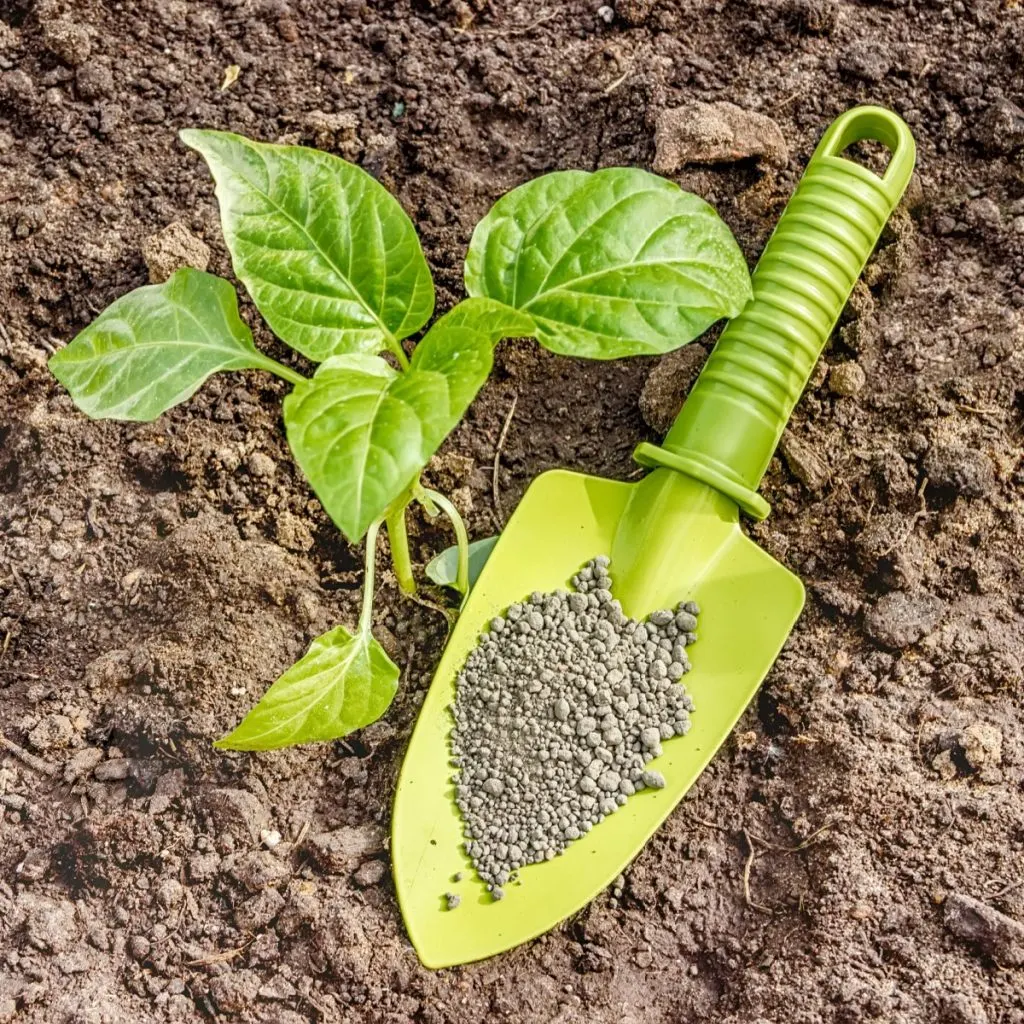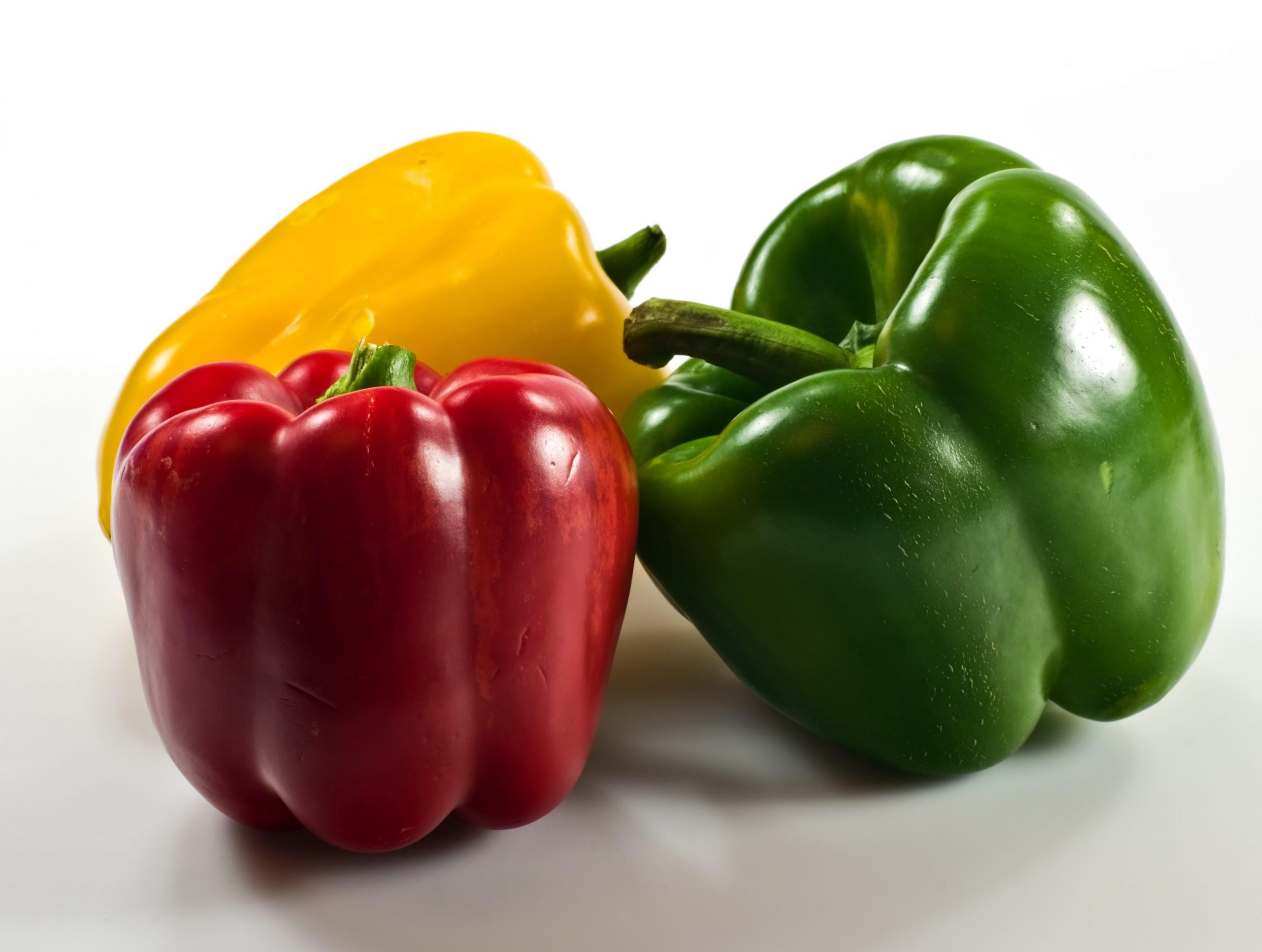Discover the Best Fertilizers for Peppers and Enhance Your Garden's Return
Discover the Best Fertilizers for Peppers and Enhance Your Garden's Return
Blog Article
Organic Vs. Synthetic Fertilizers: Which Is Best for Nurturing Healthy And Balanced Pepper Plants?
In the world of nurturing healthy and balanced pepper plants, the option in between artificial and natural plant foods stands as a crucial decision with significant effects. While both choices goal to provide crucial nutrients to sustain plant development, the nuances of their impact on the soil, plant health, and the setting stimulate an argument that echoes throughout the horticulture neighborhood. Recognizing the distinct advantages and prospective risks of each plant food kind is essential for pepper cultivators seeking to maximize their yields while keeping an eco-conscious and lasting technique.
Advantages of Organic Plant Foods
Organic plant foods offer a lasting and environmentally-friendly technique to beneficial pepper plants, supplying crucial nutrients without using artificial chemicals. These all-natural plant foods are stemmed from organic sources such as garden compost, manure, bone meal, and algae, advertising soil health and wellness and biodiversity. Unlike synthetic fertilizers, organic options release nutrients gradually, making certain a steady and balanced supply for pepper plants to prosper.
One considerable benefit of natural fertilizers is their ability to enhance soil framework and water retention. By enhancing soil health and wellness, organic fertilizers advertise advantageous microbial activity, which helps in nutrient uptake by pepper plants. Furthermore, natural plant foods minimize the threat of chemical run-off, safeguarding water resources from air pollution and safeguarding the environment.
Moreover, organic plant foods add to lasting soil fertility by promoting the development of beneficial dirt organisms. These organisms assist damage down raw material, launching nutrients in a type that is easily accessible to pepper plants. best fertilizers for peppers. By promoting a healthy and balanced dirt community, organic fertilizers support sustainable pepper farming methods that profit both plants and the atmosphere
Disadvantages of Artificial Plant Foods
Artificial plant foods, unlike their organic counterparts, position various disadvantages when utilized to nurture pepper plants, influencing both plant wellness and environmental sustainability. One significant disadvantage of synthetic plant foods is their propensity to leach nutrients from the dirt rapidly. This fast leaching can lead to vitamins and mineral discrepancies in the soil, causing plants to experience from shortages or poisonings. Furthermore, synthetic fertilizers can hurt helpful dirt organisms, such as earthworms and valuable germs, disrupting the dirt community's balance.
Moreover, the overuse of artificial fertilizers can add to water air pollution. Excess fertilizers not taken in by plants can remove right into water bodies, bring about eutrophication, where algae blooms deplete oxygen levels in the water, hurting water life. Artificial fertilizers are normally derived from non-renewable resources, such as fossil gas, contributing to carbon discharges and environmental deterioration throughout their manufacturing.
Nutrient Absorption Comparison
Efficient nutrient absorption plays a crucial function in the total health and growth of pepper plants. When contrasting organic and synthetic fertilizers in regards to nutrient absorption, organic fertilizers have the benefit of giving an extra balanced and slow-release source of nutrients (best fertilizers for peppers). Organic plant foods include a variety of macro and trace elements that are not just beneficial for the plants yet additionally promote healthy dirt microbial activity, which assists in nutrient uptake. On the other hand, synthetic plant foods frequently provide a quick launch of nutrients, which can result in leaching and runoff, causing reduced nutrient absorption prices by the plants.
In addition, natural plant foods enhance soil framework and water retention capacity, allowing pepper plants to accessibility nutrients much more efficiently. This improved soil quality facilitates origin advancement, allowing much better nutrient absorption. Synthetic fertilizers, although initially increasing plant growth as a result you can try this out of their high nutrient concentrations, might hinder long-term nutrient absorption by derogatory dirt health gradually.
Environmental Influence Factors To Consider

On the other hand, artificial plant foods, although commonly more concentrated and quickly readily available to plants, can have harmful results on the setting if not used effectively (best fertilizers for peppers). Their manufacturing requires high power inputs, leading to greenhouse gas exhausts and adding to environment modification. Furthermore, the drainage of excess synthetic fertilizers can contaminate water sources, resulting in eutrophication and harming water environments.
Finest Plant Food Practices for Peppers
To achieve this, it is vital to comply with finest plant food practices More about the author tailored to the specific requirements of pepper plants. One vital method is to carry out a soil test before applying any kind of fertilizers.
One more vital technique is to fertilize pepper plants at the correct time. Generally, peppers benefit from obtaining plant food at growing and after that once again when they begin to flower. Over-fertilizing can lead to nutrient discrepancies and damage the plants, so it is essential to follow advised application rates.
Furthermore, picking a well balanced plant food with an NPK ratio that suits pepper plants' requirements is essential. Eventually, integrating synthetic and natural fertilizers deliberately can help support healthy pepper plants while minimizing ecological impact.
Verdict

Organic fertilizers offer an environmentally-friendly and sustainable method to nourishing pepper plants, offering important nutrients without the use of synthetic chemicals. Unlike artificial fertilizers, organic alternatives release nutrients slowly, making sure a steady and balanced supply for pepper plants to grow.
Artificial fertilizers, in comparison to their organic equivalents, posture numerous downsides when used to click here for more info nurture pepper plants, impacting both plant wellness and ecological sustainability. When contrasting artificial and organic plant foods in terms of nutrient absorption, organic fertilizers have the benefit of providing a more well balanced and slow-release source of nutrients.Additionally, natural plant foods enhance dirt framework and water retention capability, permitting pepper plants to access nutrients much more efficiently.
Report this page